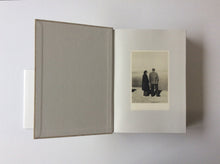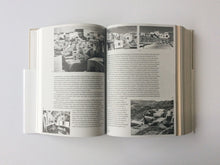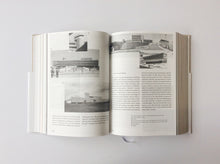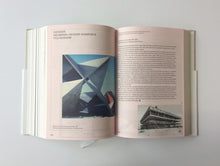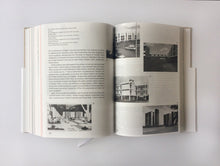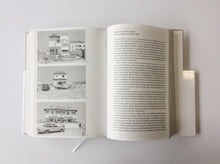
Publisher: Spector Books, ISBN: 9783959051330, Format: Hardcover, thread-sewn cover, 17.5 x 24.5 cm, 952pp
The Object of Zionism: The Architecture of Israel is a critical study of Zionist spatial planning and the architectural fabrication of the State of Israel from the early decades of the 20th century to the 1960s and 1970s. It scrutinizes Israel as a singular modernist project—unprecedented in its relative scope and rates of growth, its political and ethical circumstances, and its hyper-production of spatial and structural experiments. This project entailed the moulding of a new terrain, the construction of dozens of new towns and hundreds of new rural settlements, and the appropriation of post-war architectural trends, especially brutalism and structuralism, as signifiers of national vigour and cultural ingenuity. Contrary to common belief, the State of Israel was not born of emergency routine or speculative ventures, but rather with the objective of designing an instantaneous model state.
Architect and architectural historian Zvi Efrat is a partner at Efrat-Kowalsky Architects in Tel-Aviv and was head of the Department of Architecture at the Bezalel Academy of Arts and Design, Jerusalem, between 2002 and 2010. He studied at Pratt Institute, New York University and Princeton University and has curated numerous exhibitions, among them Borderline Disorder and The Object of Zionism. Efrat is a Graham Foundation awardee.
“The Object of Zionism. The Architecture of Israel is a remarkable work of critical scholarship that relentlessly assembles and interprets a colossal archive. In a stunning hypothesis, Efrat argues that the State of Israel is a conscious architectural project. The book presents a multi-layered and highly detailed historical analysis of each phase of the self-construction of the state—investigating the motivations, philosophy, tactics, realization and impact of a single architectural project at the scale of a nation. Our perception of the entanglement of architecture and politics is permanently transformed.” – Beatriz Colomina










